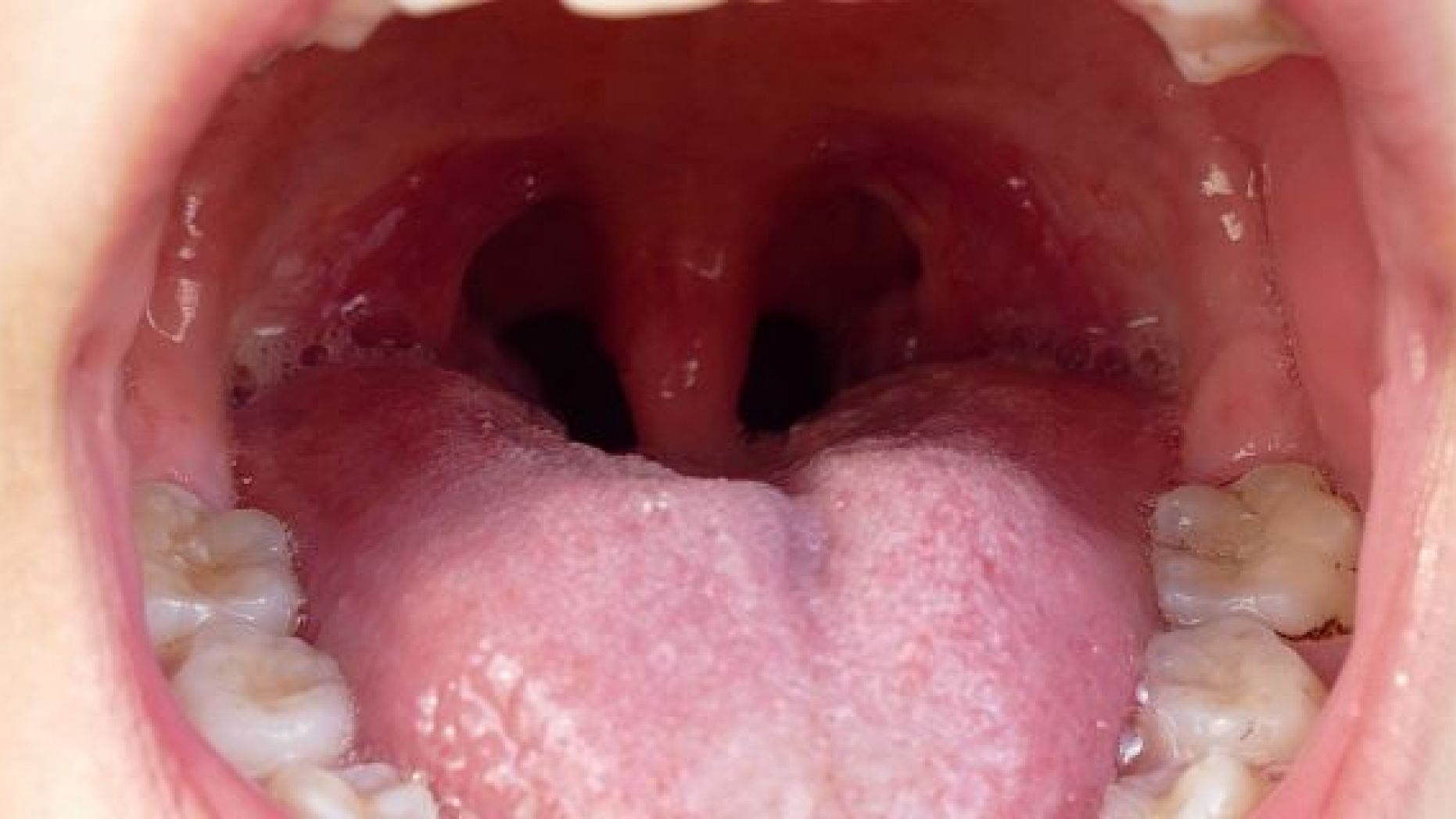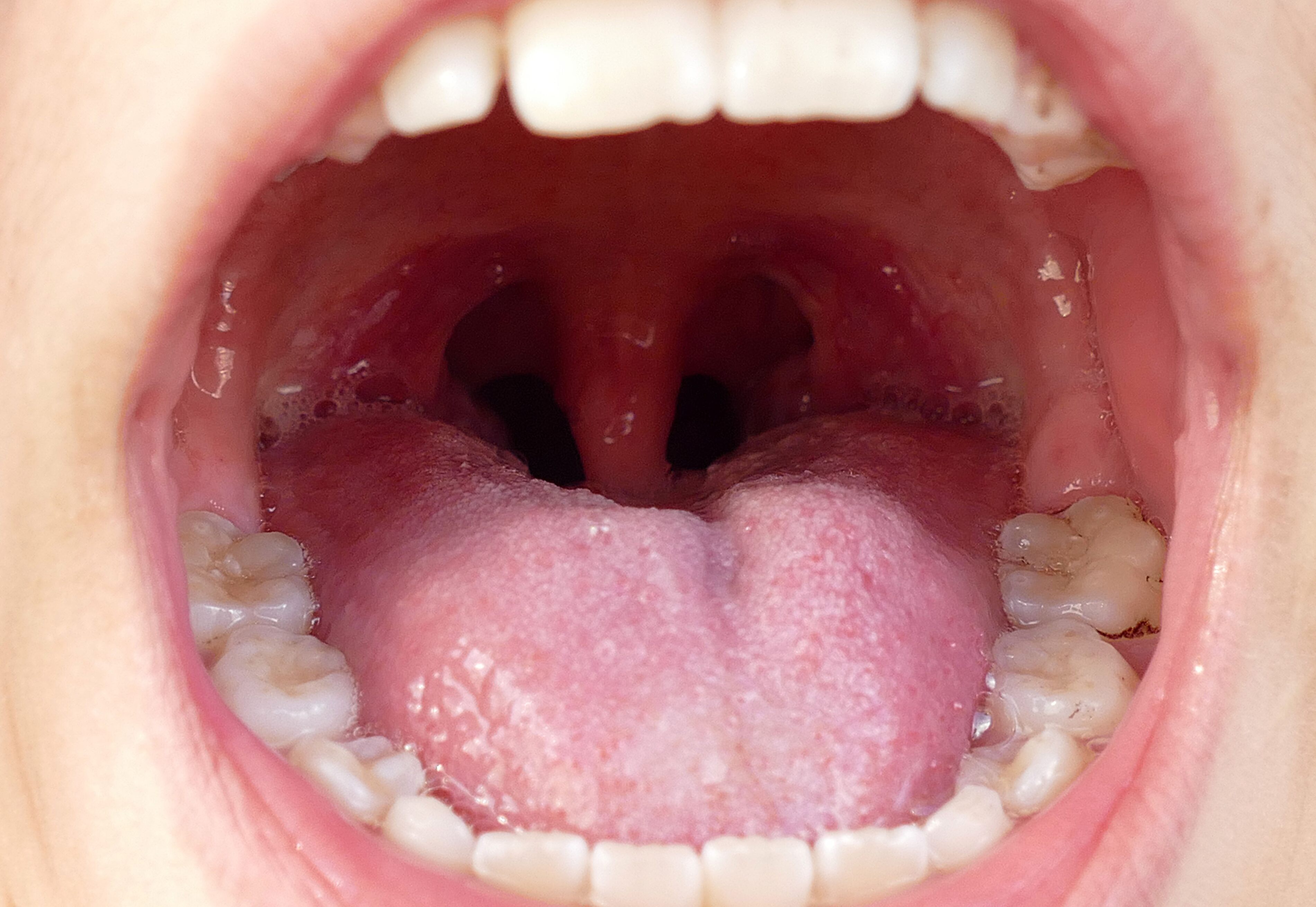[ad_1]

Have you ever heard of these?
(iStock)
While tonsils do have a surprising purpose, they can also be a huge source of pain. Just one of the ailments that can affect your tonsils are tonsil stones. If you have ever experienced tonsil stones, you know they can be annoying at best and may even require surgery at worst. Tonsil stones happen when bits of food, bacteria, or dead skin cells get caught in the tiny crevices in our tonsils. As food or other particles get pushed together in the tonsils, they form hard balls known as tonsil stones. A study in ISRN Dentistry found that tonsil stones affect about 8 percent of adults.
BOY HAS OVER 500 ‘TEETH’ REMOVED AFTER COMPLAINING OF PAIN IN JAW
What are tonsil stones?
Tonsil stones are hard calcifications caught in the tonsils. They are usually light yellow or white but may form too deep in the tonsils for you to see with a mirror. A study in the Journal of Otolaryngology-Head and Neck Surgery found that tonsil stones are similar to the plaque that forms on our teeth.
How do tonsil stones form?
Our tonsils work as part of our immune systems by trapping bacteria and filtering out germs. When they trap particles like small bits of food or mucus, these particles can become lodged in the tonsils and grow bacteria. When these particles harden, they can form calcifications or tonsil stones.
What are the signs of tonsil stones?
Many people who have tonsil stones have no symptoms. Luckily, if they’re not bothering you, there is likely nothing you need to do about them.
OHIO WOMAN WITH DOG LICK INFECTION HAS LEGS, PARTS OF ARMS AMPUTATED AFTER SPENDING DAYS IN COMA
If you do have symptoms, you may be experiencing redness and irritation in your tonsils, bad breath, infections such as tonsillitis, a sore throat (make sure you know the signs of strep throat), or the feeling of difficulty or painful swallowing. Tonsil stones cause bad breath, because of the bacteria that grows on them and are just one of the things that bad breath can reveal about your health. Some people with tonsil stones may also report feeling pain or pressure in their ears.
Who is most susceptible?
We don’t know exactly why some people develop frequent tonsil stones while others don’t, but there are a few factors to consider. According to head and neck specialist Kyra Osborne, MD, at the Cleveland Clinic, people with more or deeper crevices in their tonsils are more susceptible to developing tonsil stones. They may also be more common in teenagers.
How are tonsil stones treated?
If you notice small tonsil stones that are not painful or causing other symptoms, you may be able to remove them yourself by gently pressing the back of your toothbrush against them. Always push them forward to prevent choking on or swallowing them. Sometimes vigorous gargling can do the trick as well.
CLICK HERE TO GET THE FOX NEWS APP
If you are not able to remove the stones yourself, your doctor may be able to provide a removal procedure in her office. Experiencing frequent tonsil stones may be an indication for having a tonsillectomy.
Some people are simply more susceptible to tonsil stones than others, but you can do your best to prevent them by focusing on excellent oral hygiene. Be sure to brush your teeth twice daily and floss at least once per day. Rinsing with an alcohol-free mouthwash every day could help as well. If you do have to get your tonsils removed, be wary of this odd side effect a tonsillectomy could have on your fertility.
This article first appeared on Reader’s Digest.
[ad_2]
Source link

